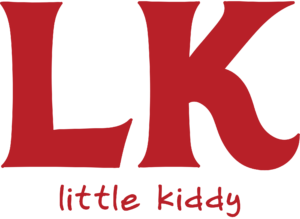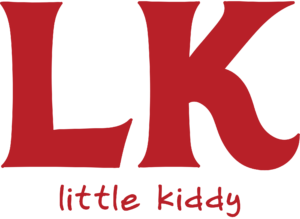-
By: WPdev
-
February 3, 2023
Food for Thought: Nourishing Minds for Academic Success
ntroduction: In the intricate dance of academic success, the role of nutrition cannot be overstated. This blog post delves into the profound connection between nutrition and cognitive function, offering valuable insights into how fostering healthy eating habits can become a cornerstone for enhancing children’s learning capabilities.
The Brain-Food Connection:
Nutrients for Cognitive Brilliance:
- Essential Nutrients: Explore the vital nutrients crucial for brain function, such as omega-3 fatty acids found in salmon, antioxidants abundant in berries, and brain-boosting vitamins like B-complex.
- Their Impact: Understand how these nutrients contribute to cognitive processes like memory, attention, and problem-solving.
Provide practical and tasty breakfast options for children, including whole-grain toast with avocado or scrambled eggs with spinach.
Balancing Blood Sugar Levels:
- Stable Energy Supply: Discuss the importance of maintaining stable blood sugar levels through well-balanced meals, incorporating complex carbohydrates like whole grains and fiber-rich foods like apples.
- Avoiding Sugar Highs and Lows: Highlight the impact of sugary snacks on energy levels and attention span in the classroom, steering clear of candies and sugary beverages.
Fostering Healthy Eating Habits:
The Power of Breakfast:
- Fueling the Day: Emphasize the significance of a nutritious breakfast with options like oatmeal topped with bananas or yogurt parfaits with a mix of colorful fruits.
- Ideas for Healthy Breakfasts: Provide practical and tasty breakfast options for children, including whole-grain toast with avocado or scrambled eggs with spinach.
Smart Snacking for Sustained Energy:
- Choosing Wisely: Encourage smart snacking with nutrient-rich options like fruits (grapes, oranges), vegetables (carrot sticks, cucumber slices), and whole grains (popcorn).
- Avoiding Empty Calories: Discuss the drawbacks of sugary and processed snacks, opting for nuts, yogurt, or cheese as healthier alternatives.
Hydration for Mental Alertness:
- Water as a Brain Booster: Explore the role of hydration in maintaining mental alertness and cognitive function, suggesting infused water with slices of citrus fruits or refreshing cucumber.
- Tips for Staying Hydrated: Offer practical tips for ensuring children drink an adequate amount of water throughout the day, perhaps with a reusable water bottle at their desks.
Building Healthy Lunches:
- Balanced Meal Planning: Provide guidance on creating well-balanced lunches that include a variety of food groups, such as a turkey and vegetable wrap or a colorful salad with diverse vegetables.
- Incorporating Color and Variety: Discuss the importance of diverse and colorful meals, such as a bento box with cherry tomatoes, strawberries, and a mix of cheeses.
Incorporating Nutrition Education:
Classroom Nutrition Lessons:
- Interactive Learning: Suggest ways for educators to incorporate nutrition education into the curriculum, with activities like a “Rainbow Plate” project showcasing a variety of colorful fruits and vegetables.
- Hands-On Activities: Provide ideas for engaging and interactive activities that teach children about the importance of nutrition, like planting a small vegetable garden.
Engaging Parents in Healthy Habits:
- Parental Involvement: Highlight the role of parents in reinforcing healthy eating habits at home, sharing simple recipes for nutritious family meals.
- Community Initiatives: Discuss the benefits of school and community initiatives that promote nutritional education, perhaps organizing a community farmers’ market or nutrition workshops.
Conclusion: In the pursuit of academic excellence, the foundation is laid not just in classrooms but also on dining tables. By understanding the profound impact of nutrition on cognitive function and fostering healthy eating habits with an array of delicious and nutritious foods, we empower our children with the tools they need to thrive academically and beyond.
Remember, nourishing minds is not just about feeding bodies; it’s about cultivating a culture of health, vitality, and a love for learning that lasts a lifetime.
Here’s to filling every plate with the ingredients of success!








Leave a comment
You must be logged in to post a comment.